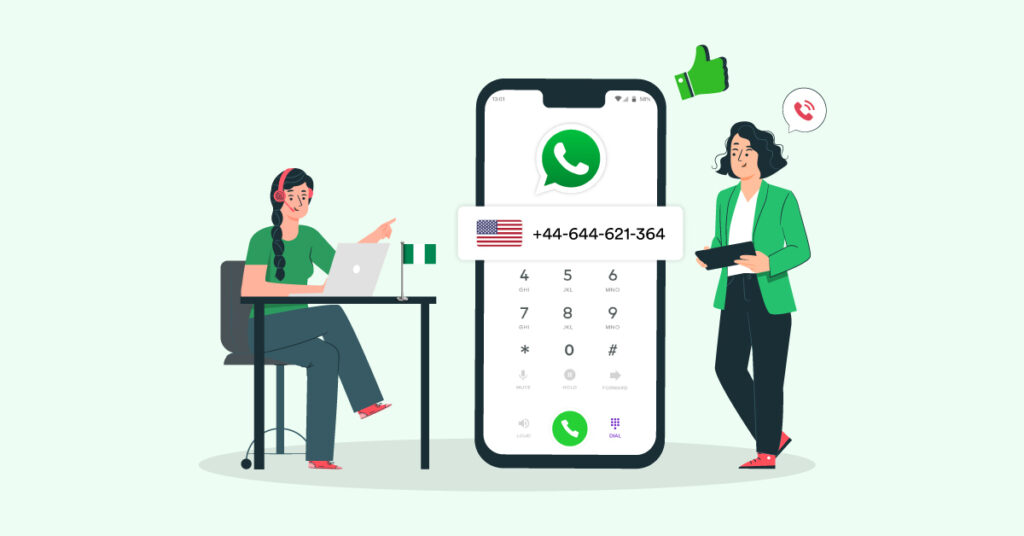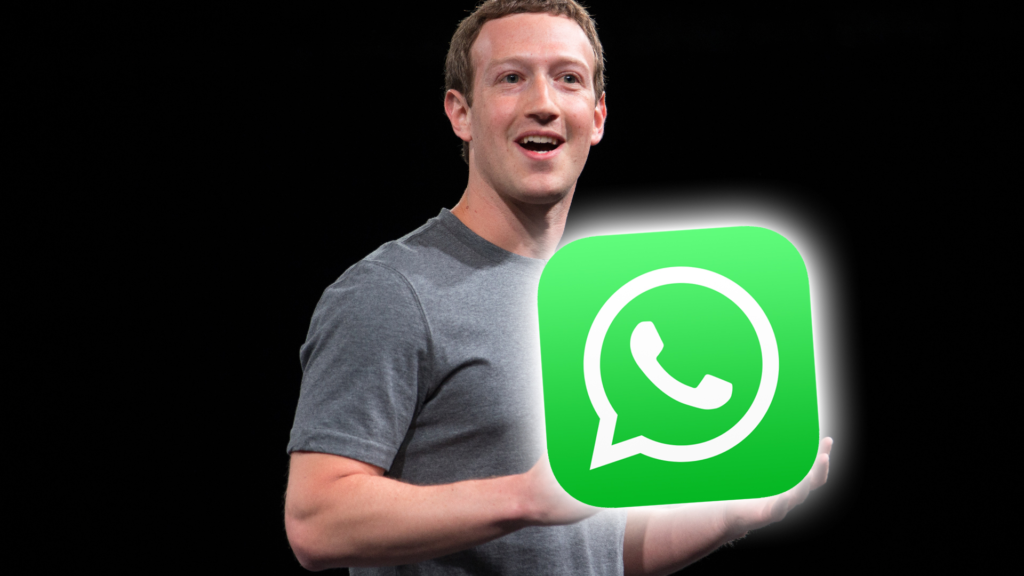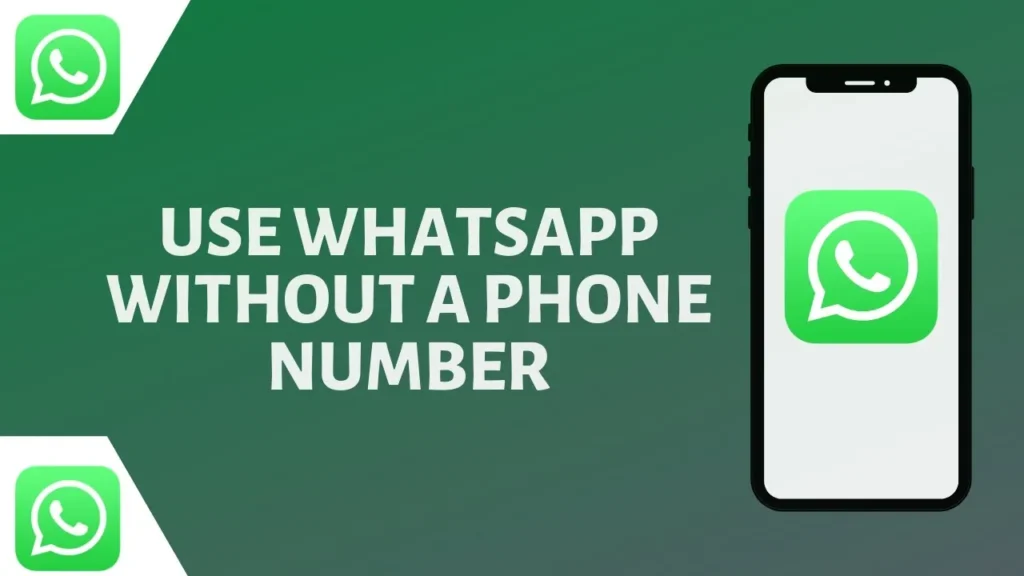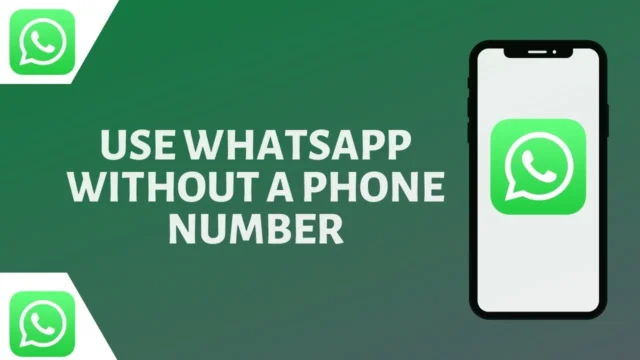In a move that could redefine digital communication for millions, WhatsApp is reportedly developing a feature that will allow users — including Nigerians — to use the app without linking it to a phone number. This marks one of the biggest changes in the app’s history and could transform how people connect, protect privacy, and manage their accounts.
For over a decade, WhatsApp has relied on mobile phone numbers as the core identity system. Every account had to be tied to a number, and contacts were discovered by syncing phonebooks. But this model comes with its own challenges, especially in regions like Nigeria, where frequent SIM changes, phone theft, and network disruptions are common.
Now, Meta-owned WhatsApp appears to be working on a username-based model that would allow people to create and use unique IDs — just like on Telegram — instead of relying solely on their numbers.

What the Update Means for Nigerians
The new system, currently spotted in WhatsApp’s iOS beta version 25.17.10.70, could be a game-changer for millions of Nigerian users. It promises more flexibility, better privacy, and fewer frustrations linked to changing numbers or losing SIM cards.
Here’s why this development matters so much:
- Better privacy: Many Nigerians are wary of sharing their phone numbers publicly — whether in work groups, online communities, or business chats. With usernames, people can chat or join groups without exposing their personal numbers.
- More convenience: Losing a phone or changing a SIM often means losing access to your WhatsApp account or having to reverify it. With usernames, accounts could remain active even if your phone number changes.
- Easier for multi-device users: People who switch between multiple phones, tablets, or computers will find it much simpler to stay logged in.
- Freedom for small businesses: Entrepreneurs who use WhatsApp for business can now maintain separate work and personal identities without juggling SIM cards.
In short, Nigerians could soon enjoy more freedom and control over how they use WhatsApp — a feature long overdue in an era where data privacy and mobility matter more than ever.
How the Feature Might Work
While the feature is still being tested, reports suggest that WhatsApp will let users create a unique username — possibly between 3 and 30 characters. This username will serve as your WhatsApp identity, meaning others can find or message you using it instead of your number.
Here’s what the user journey might look like once it launches:
- Account setup or migration: During setup, users can either create a username or continue using their phone number as before.
- Verification: Even if usernames become the main contact ID, WhatsApp might still use your number for verification or security purposes in the background.
- Privacy options: You could choose whether your phone number is visible to others or hidden.
- Finding contacts: People may be able to search or add others using usernames rather than phone numbers, making it safer for professional or public communication.
This update would make WhatsApp more like other messaging platforms, such as Telegram or Signal, both of which already allow username-based communication without exposing personal phone numbers.

The Broader Impact — and the Risks
The feature could transform digital privacy in Nigeria, where WhatsApp is the dominant messaging platform. According to data from Statista, over 33 million Nigerians actively use WhatsApp for everything from personal chats to business transactions. For many small-scale traders, it’s not just an app — it’s a lifeline.
But while the change is promising, experts say it won’t come without challenges.
- Security concerns: Greater anonymity could make it easier for scammers or fake accounts to operate. WhatsApp will need to build strong verification and reporting tools to protect users.
- Regulatory questions: Nigeria’s SIM registration laws are strict, requiring every phone line to be linked to a verified national ID. Regulators might question how this new system fits into local compliance frameworks.
- Adoption hurdles: Some users — especially older or less tech-savvy Nigerians — may find it confusing to adjust from the phone-number-based model to usernames.
- Gradual rollout: As with most WhatsApp updates, it’s likely to launch first in beta and in select countries before expanding to the general public. Nigerians may need to wait a few months before gaining access.
Still, the move reflects WhatsApp’s continued focus on user privacy and adaptability. It aligns with the platform’s recent updates, such as hidden online status, locked chats, and multi-device support, all aimed at giving users more control.
What Nigerians Should Do Now
While the feature isn’t publicly available yet, here are a few steps Nigerians can take to prepare:
- Keep your app updated: The feature will likely roll out first to those on the latest versions of WhatsApp, especially beta users.
- Back up your chats: Ensure your WhatsApp chats are backed up on Google Drive or iCloud before any major update rolls out.
- Be wary of scams: With fake “early access” links often circulating online, download only official updates from the Play Store or App Store.
- Follow official sources: Keep an eye on WhatsApp’s verified blog or Meta’s newsroom for announcements.
When the update finally arrives, Nigerians will be among those who benefit the most — enjoying a smoother, more private, and more secure messaging experience.

Conclusion
WhatsApp’s move to allow users to communicate without linking their accounts to phone numbers marks a revolutionary step for digital communication — particularly in Nigeria, where phone numbers are deeply tied to identity, access, and even banking.
If implemented well, it could reduce SIM-related frustrations, strengthen user privacy, and give small businesses more flexibility in managing communication. But success will depend on how well WhatsApp handles the inevitable security, regulatory, and adoption challenges.
As the world waits for official confirmation from Meta, one thing is clear: the way Nigerians use WhatsApp could soon change forever — for the better.
Join Our Social Media Channels:
WhatsApp: NaijaEyes
Facebook: NaijaEyes
Twitter: NaijaEyes
Instagram: NaijaEyes
TikTok: NaijaEyes













![Mr Macaroni Drops Blistering Remark: ‘APC Filled with Most Corrupt People’ as He Slams Tinubu’s Controversial Pardon for Criminals=]] Mr Macaroni](https://naijaeyesblog.com/wp-content/uploads/2025/03/Mr-Macaroni-1-1-180x135.avif)

![Chaos Erupts in Abuja Hotel as BBNaija Star Phyna Sparks Fierce Scene Over Alleged N200,000 Dispute [VIDEO] Phyna](https://naijaeyesblog.com/wp-content/uploads/2024/11/A-Picture-of-Phyna-BBNaija-180x135.jpg)
























